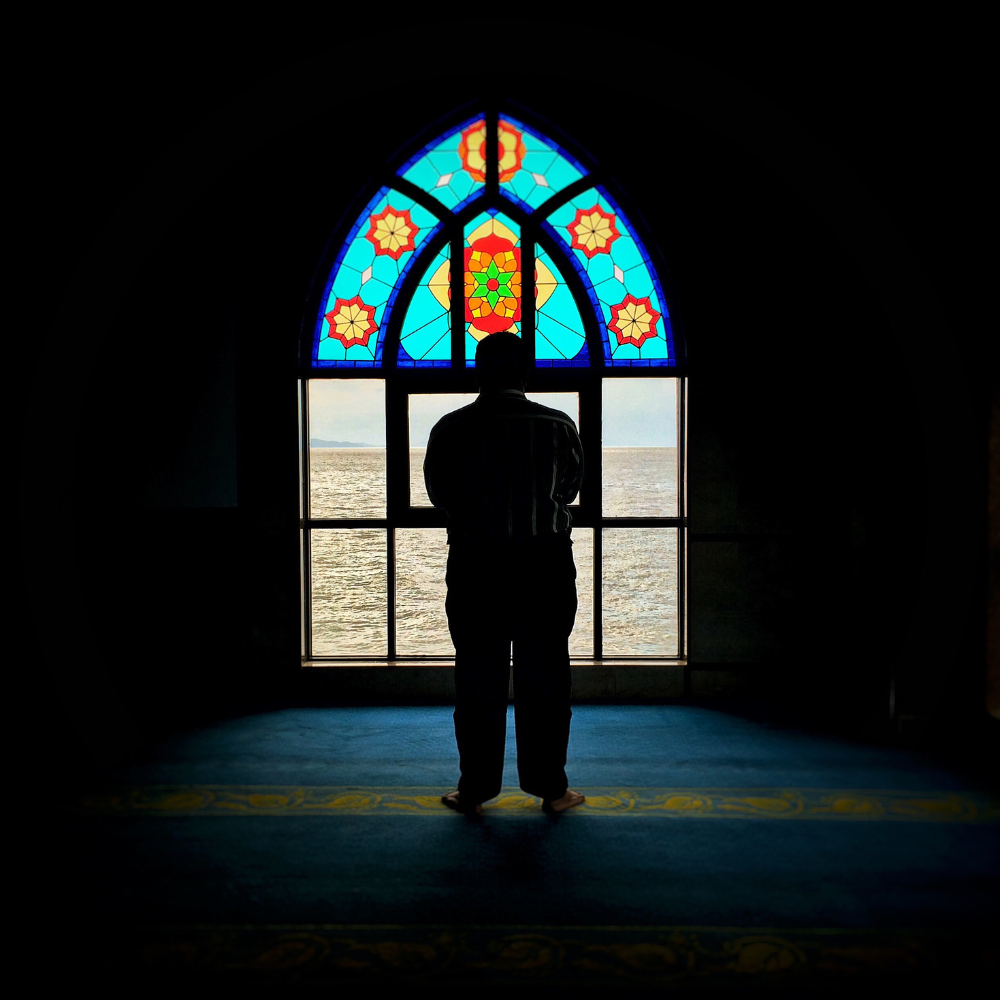Hezbollah names Naim Qassem as new leader following Nasrallah’s Death
In a significant leadership shift, Hezbollah has appointed Naim Qassem as its new head, following the death of long-term leader Hassan Nasrallah in an Israeli air strike last month. The appointment comes as tensions in Lebanon have reached new highs, with continuous Israeli air strikes and mounting casualties on both sides.
Qassem, who served as Hezbollah’s deputy secretary general for over 30 years, will now assume leadership of the organization. Known as one of the group’s most prominent figures, Qassem’s rise was announced through a statement by Hezbollah’s Shura Council, which confirmed the decision was made in line with the organization’s governance protocols.
Hezbollah stated that Qassem now carries the revered banner of their cause, emphasizing his commitment to the group while honoring Nasrallah and other leaders killed in recent Israeli attacks. The council’s decision highlights the urgent need within Hezbollah’s ranks to regroup following the loss of several high-ranking officials.
Israel’s recent offensive in Lebanon has decimated much of Hezbollah’s senior leadership. Following Nasrallah’s death, it was widely expected that cleric Hashem Safieddine would take on the group’s top position; however, it was revealed on October 22 that he had been killed in an Israeli air strike nearly three weeks prior. With Qassem among the few surviving senior officials, his appointment underscores the depletion of Hezbollah’s upper ranks as the conflict intensifies.
Hezbollah’s connection to Iran remains pivotal, with reports suggesting that Qassem may have sought refuge there following his promotion, as Iran is Hezbollah’s primary financial and military supporter. Hezbollah has not confirmed his location, adding an element of uncertainty to the group’s future operational plans.
The escalation between Hezbollah and Israel marks one of the most severe surges in violence in Lebanon in years. Israeli forces have launched repeated air strikes across Hezbollah-controlled regions, including a recent operation on Monday night in Lebanon’s eastern Bekaa Valley, a long-established Hezbollah stronghold. The Lebanese health ministry reported that this latest strike resulted in at least 60 deaths and more than 50 injuries.
The Israeli campaign comes as part of a broader effort to suppress Hezbollah’s capacity for cross-border attacks, which have intensified since the onset of renewed hostilities following the Gaza conflict last year. Israeli officials have stated that these operations are aimed at securing the return of civilians who were displaced from border regions due to Hezbollah’s extensive rocket and drone strikes.
The relentless clashes have also seen Hezbollah launching thousands of rockets and drones toward Israeli territories, leading to at least 59 fatalities in northern Israel and the Golan Heights.
Qassem’s appointment signals Hezbollah’s commitment to continue its operations despite the considerable losses it has faced. The group’s evolving leadership structure will likely impact its strategic direction amid growing calls within Lebanon and the international community for a resolution to the ongoing violence. Iran’s influence remains a critical factor, and Qassem’s close association with Tehran suggests that Hezbollah may continue to rely heavily on Iranian support.
As Lebanon reels under the weight of the escalating conflict, the appointment of Qassem injects new complexity into the regional power dynamic. With Hezbollah’s resilience tested and Israel maintaining a stringent stance, both nations face an uncertain future marked by escalating violence and diplomatic strain.









